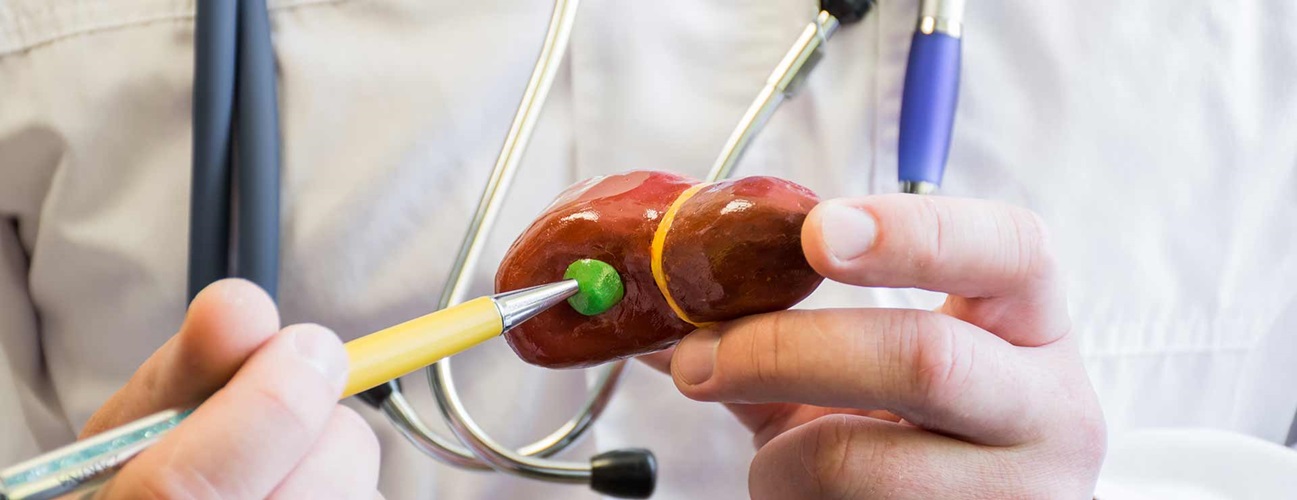Gallbladder Surgery Aftermath: Decoding the Post-Op Belly Bulge
Discover reasons behind stomach swelling post-gallbladder surgery, understand potential complications, and explore remedies for a healthy recovery.

One of the most common concerns following gallbladder surgery is the appearance of a larger or bloated stomach. This can be alarming for patients who have recently undergone surgery, but it is important to understand that there are several reasons why this may occur, and in most cases, it is temporary and resolves with time.
Firstly, one of the primary causes of a swollen stomach after gallbladder surgery is gas buildup in the abdomen. During surgery, the abdominal cavity is usually inflated with carbon dioxide gas to create space for the surgeon to operate. Although most of the gas is removed before the incisions are closed, some may remain trapped within the body. This trapped gas can cause the abdomen to feel bloated and appear larger than usual. It is important to note that this gas will gradually be absorbed by the body and should dissipate within a few days to a week.
Another reason for a larger stomach following gallbladder surgery is postoperative inflammation. The surgical removal of the gallbladder, also known as a cholecystectomy, causes a natural inflammatory response from the body. This is part of the healing process and can result in swelling and inflammation in the surrounding tissues, including the abdominal wall. This inflammation may cause the stomach to appear larger or more distended than before the surgery. Over time, as the body heals, the inflammation should subside, and the stomach should return to its normal size.
In some cases, weight gain may also contribute to a larger stomach following gallbladder surgery. Many patients may find that their appetite changes after surgery, either due to an altered sensation of fullness or hormonal fluctuations. Additionally, patients are usually advised to follow a low-fat diet to minimize digestive symptoms, since the gallbladder is no longer present to store and release bile. As a result, patients may overcompensate for these dietary restrictions by consuming more carbohydrates and sugars, which can lead to weight gain. It is essential to maintain a healthy and balanced diet after gallbladder surgery to prevent weight gain and promote overall health.
If the swelling or bloating persists for an extended period, it may be indicative of an underlying issue, such as a postoperative complication or a digestive problem that was not addressed by the surgery. In these cases, it is crucial to consult with your healthcare provider to get a proper evaluation and appropriate treatment if necessary.
In conclusion, experiencing a larger or bloated stomach after gallbladder surgery is a common concern for many patients. It is usually caused by gas buildup, postoperative inflammation, or weight gain due to changes in appetite and diet. In most cases, this swelling is temporary and should resolve as the body heals. However, if the swelling persists or worsens, it is essential to consult with your healthcare provider to rule out any complications or underlying issues. Remember, maintaining a healthy and balanced diet, staying active, and following your healthcare provider's postoperative instructions can help facilitate a smooth recovery and minimize any lasting effects on your stomach size.





